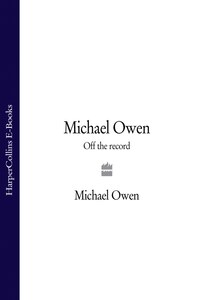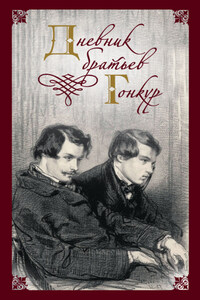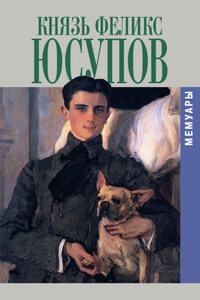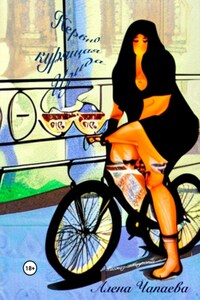On Friday 13 August, a private plane touched down at the small airport of Hawarden, a ten-minute drive from my home in North Wales. From there I was flown into a military airport in Spain where a car was waiting to take me to a new life – a new world – as a player with Real Madrid. At 24, I waved goodbye to the area I had grown up in, and to the only football club I had known.
We set off towards Madrid in convoy, pursued by radio and television camera crews, and made our way towards the hospital where I underwent, with some trepidation, a four-hour medical examination. It turned out to be a formality, though a long one. That night we retired to our hotel with some of the club’s directors, members of my family and my agent, Tony Stephens, to enjoy my first meal as an Englishman abroad.
The following day, my fiancée Louise and my mum and dad joined me in a chauffeur-driven Audi for the short drive to the Bernabeu, where I walked through Gate 54 of the stadium in which so many legends of the game have performed, to formally sign for Real Madrid. I suppose it was a scary moment, but the real significance of that day was that I was stepping out of the comfort zone: challenging myself and moving onto the next phase of my life. And it felt good. It was up to me to show that I belonged.
On that first visit I didn’t stay long. I hadn’t been there twenty-four hours before I returned home for England’s friendly against Ukraine, in which I scored my twenty-seventh international goal. After twenty-four years of living in the same area of North Wales – and thirteen with Liverpool Football Club, where I had grown from a child into a man – I had the overwhelming sense of moving into another stage of my footballing career as well as my life with Louise and our daughter Gemma. The truth is that I felt proud of myself for taking that step.
There were people who were saying, ‘Yeah, but will Michael Owen get in the team?’ I regarded that as a direct challenge to me as a professional and as a man. I was heading off to play with many of the world’s best players, disappointed, I have to say, by some of the negative things that were said about me leaving Liverpool. I had given many years of loyal service at Anfield, and told the Spanish media at my unveiling that Liverpool ‘would always be in my heart.’
I was trying to better myself. In our game, too many people stay in their own little cocoon and don’t want to mix with other players or in new environments. I had broken out of that – and I was going to have to push myself to learn a new language, understand a different culture, make new friends, and adapt to a new style of football. I was ready for all of that.
But first came the introductions. In front of more than fifty journalists, I said I was relishing the thought of joining Ronaldo, Morientes and Raul – the club’s other main strikers – and announced: ‘My dad has been telling me about the great Real Madrid players of the 1950s and 1960s: Di Stefano and Puskas, two strikers who were just unbelievable, and Gento, who was the quickest No 11 he had ever seen. Today I am so proud to be wearing his No 11 shirt.’ That fine white jersey was handed to me by Alfredo Di Stefano himself, which was such a thrill.
The intention was to find a house as soon as possible. As a family we had no wish to live in hotels – even luxury ones – any longer than we had to. That wouldn’t be fair on Gemma, our one-year-old daughter. My sister Karen had recently given birth to her second child, so my mum felt a responsibility to stay at home and help her with the demands of motherhood. But I knew both our families would be coming over to see us regularly. I knew I would have plenty of support.
So how did I go from being a Liverpool player of thirteen years’ standing to a team-mate of David Beckham and Jonathan Woodgate in a foreign city in such a short and dramatic period? Until a few days before I left Liverpool, I had every reason to think I’d extend my contract with the club beyond May of 2005. Talks were going well, and a new Premiership season was approaching fast. I’d heard previously, through the grapevine, that I was on a list of five strikers Real Madrid were interested in but always assumed they would go for either Thierry Henry or Ruud Van Nistelrooy ahead of me. So I didn’t take too much notice of those rumours.








